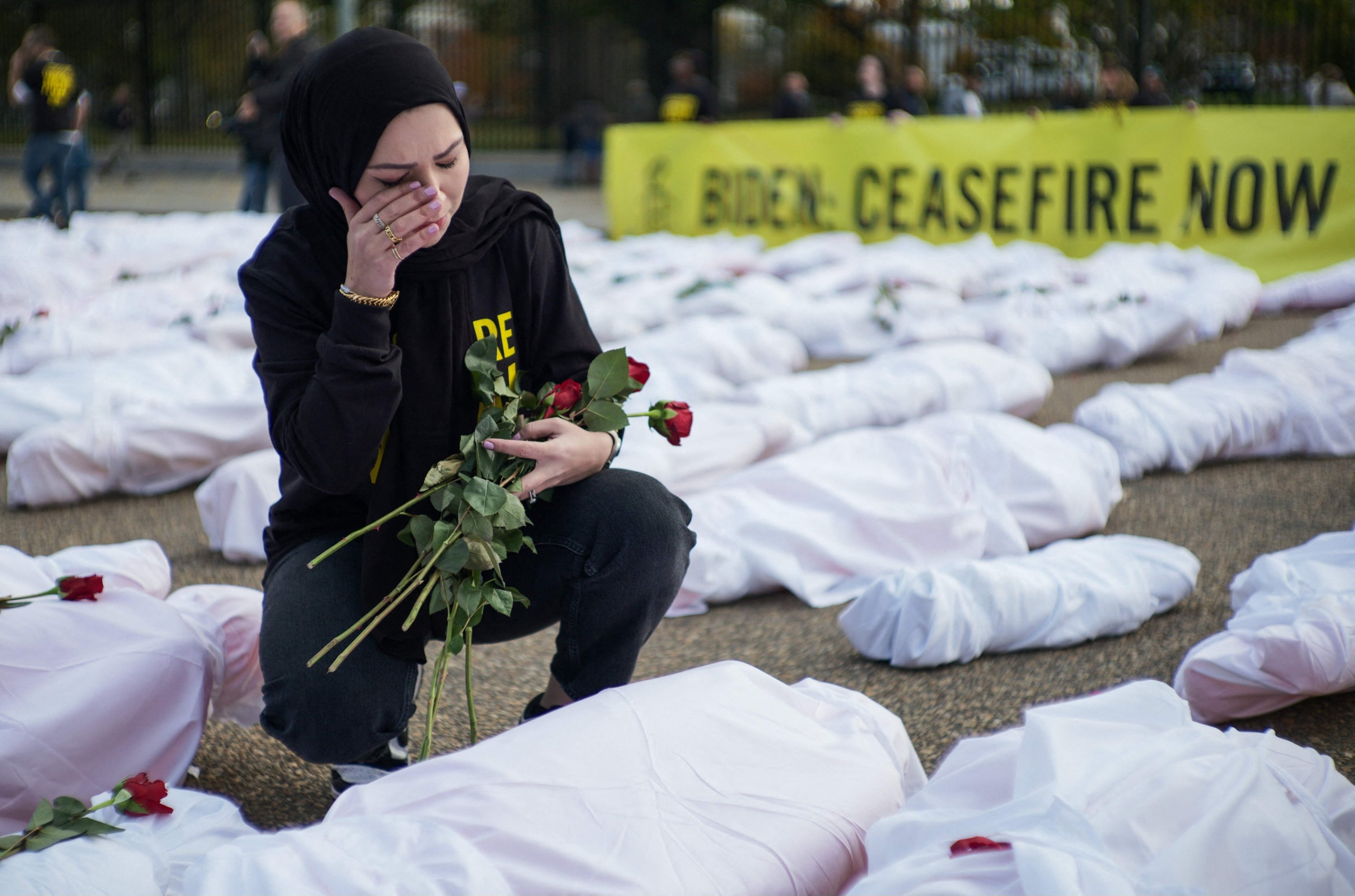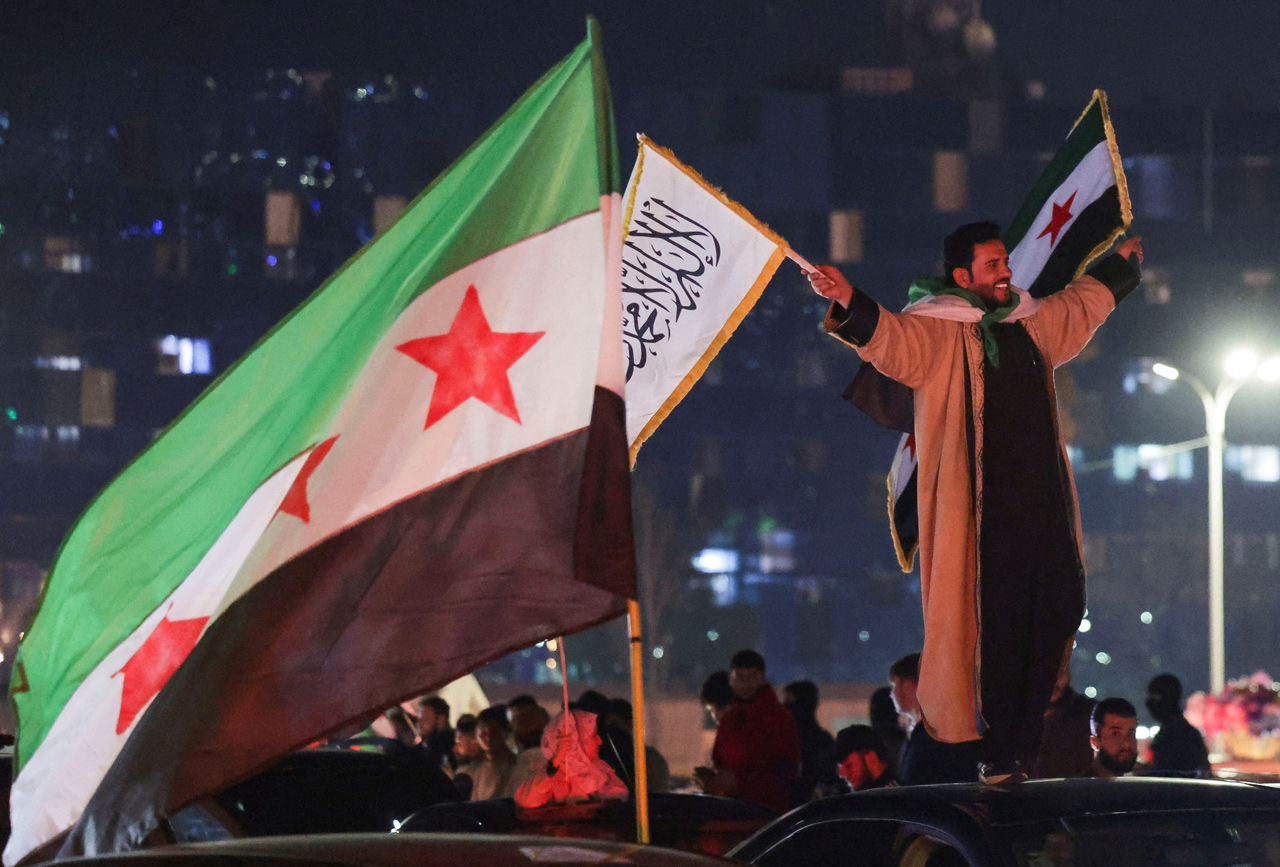Violation of right of self-defense

Israel’s dirty war in Gaza
While international law experts continue to debate this issue, the report published by Yücer Acer unequivocally supports this interpretation. According to the report, Israel not only operates in violation of international law but also perpetrates severe war crimes and genocide against Gazans.
Share
Since Oct. 7, Israel’s attacks on Gaza have resulted in significant consequences in terms of military, political and geopolitical dynamics, along with flagrant violations of international law. While the United States and Western countries have framed Israel’s actions within the context of the right to self-defense, the current situation transcends this justification, allowing for the categorization of Israel as a state committing war crimes in Gaza.
While international law experts continue to debate this issue, the report published by Yücer Acer unequivocally supports this interpretation. According to the report, Israel not only operates in violation of international law but also perpetrates severe war crimes and genocide against Gazans.
One crucial observation at this juncture is that Israel’s purported right of self-defense is fundamentally flawed. As a state that has occupied Palestinian territories, Israel lacks the right of self-defense against the military attacks of the Palestinian groups in those occupied regions. Instead, Israel’s legal obligation should focus on withdrawal from the occupied territories back to its legitimate borders. Thus, Israel could only legitimately invoke the right of self-defense when attacked within its recognized borders to protect its own territory.
Acer argues that the right to self-defense is applicable in response to illegitimate use of force. Palestine, as the occupied party, holds the right to exercise self-defense at any time. This stance was explicitly articulated by the International Court of Justice in its advisory opinion on Israel’s construction of a wall in Palestinian territories.
Setting aside Israel’s status as the occupying party, even if one were to assume that Israel exercised its right to self-defense, the disproportionate use of force by Israel and its targeting of individuals and locations led its counterattacks to surpass the legal limits of the right to self-defense, evolving into an indiscriminate assault devoid of legal justification.
Upon examining the aftermath of Israel’s attacks, it becomes evident that the issue transcends the mere claim of self-defense. The widespread bombardment of settlements, particularly in the northern Gaza Strip, has resulted in numerous civilian casualties and injuries, as well as the destruction of vital civilian infrastructure. Concurrently, the Israeli army initiated a complete lockdown in the West Bank. Israeli Defense Minister Yoav Gallant announced the imposition of a “total” blockade on the Gaza Strip, cutting off electricity and preventing the entry of essential supplies, coupled with an alarming declaration: “We are fighting human animals and we act accordingly.” Hence, Israel’s attacks cannot be construed within the realm of self-defense.
According to Acer, the right to self-defense does not serve as a blanket justification for military activities of any kind or scale. As stipulated in Article 51 of the U.N. Charter, the right to self-defense refers to states’ entitlement to defend themselves against an ongoing armed attack, either individually, in collaboration with other states, or with aid from other supporting states. Actions that exceed the proportionality of the initial force justifying self-defense and aim at punitive measures or vengeance surpass the legal boundaries of self-defense.
In this context, Israel could only continue its counter-military actions until the cessation of the attack and the liberation of its occupied territories, if applicable. The force utilized must remain proportionate, limited to stopping the attack and securing the liberation of the legitimate parts of its country.
Tags »
Related Articles






